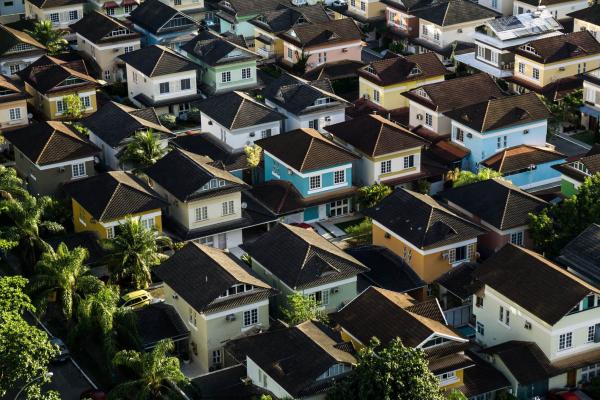Oct 25, 2018
Airbnb — the company that ushered home-sharing into the mainstream — is facing backlash for exacerbating the affordable housing crisis in cities across the U.S. By booking weekend getaways through Airbnb and other home-sharing sites, travelers may be unknowingly and inadvertently worsening the crisis and supporting an industry that deprives locals of much needed long-term housing options.
Read the Full Article

Already a subscriber? Login
